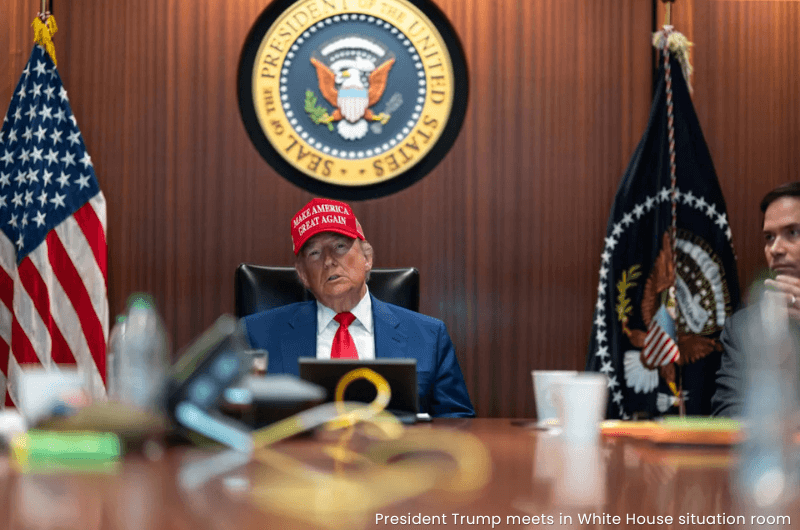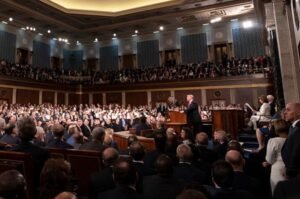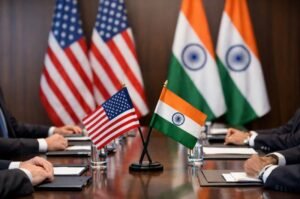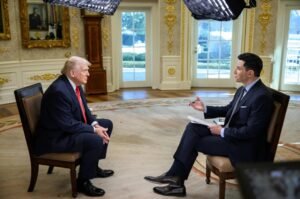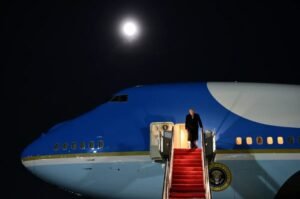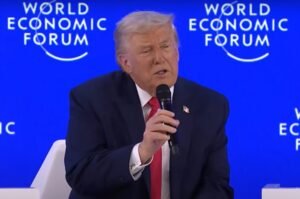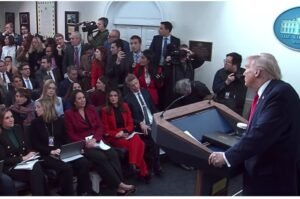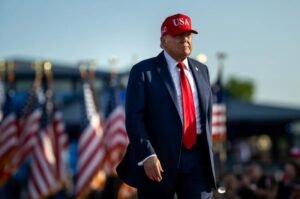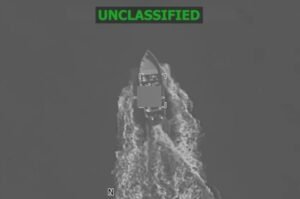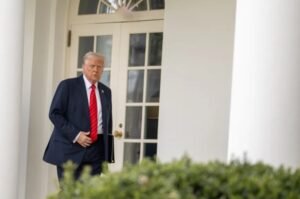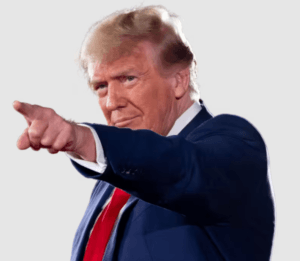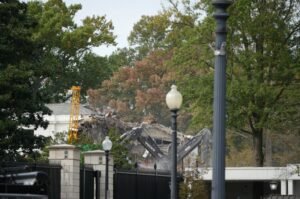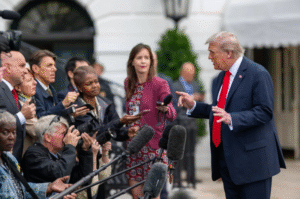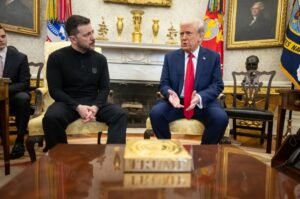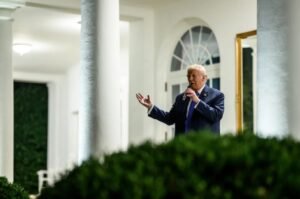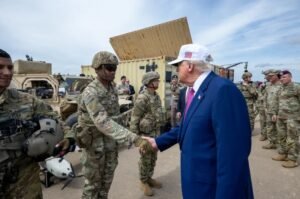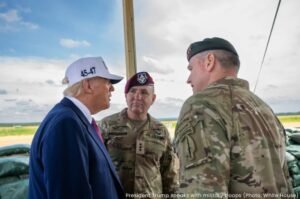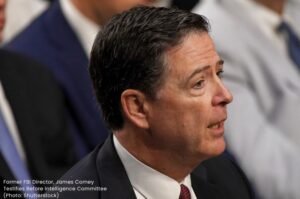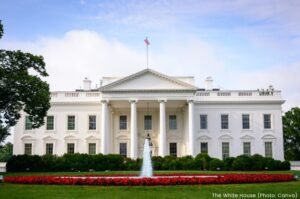On Monday, June 23, President Trump took to his social media platform, Truth Social, to make a bold announcement: Israel and Iran, he claimed, had agreed to a “complete and total ceasefire.” The post quickly gained traction, sparking a mix of surprise, skepticism, and confusion. But within hours, it was clear the claim had no basis in fact. Neither Israel nor Iran confirmed any such agreement—and both countries continued military operations despite Trump’s statement.
In the hours that followed the post, Israeli officials said they had briefly paused strikes at Trump’s request—but then accused Iran of firing missiles shortly after the so-called ceasefire began. Iran, for its part, denied launching any attacks and made it clear there was no deal—only a willingness to hold fire if Israel did the same. Iranian diplomat Abbas Araghchi stated unequivocally: “There is NO ‘agreement’ on any ceasefire.” Instead, the situation appeared to be a one-sided Israeli pause, not a mutual de-escalation.
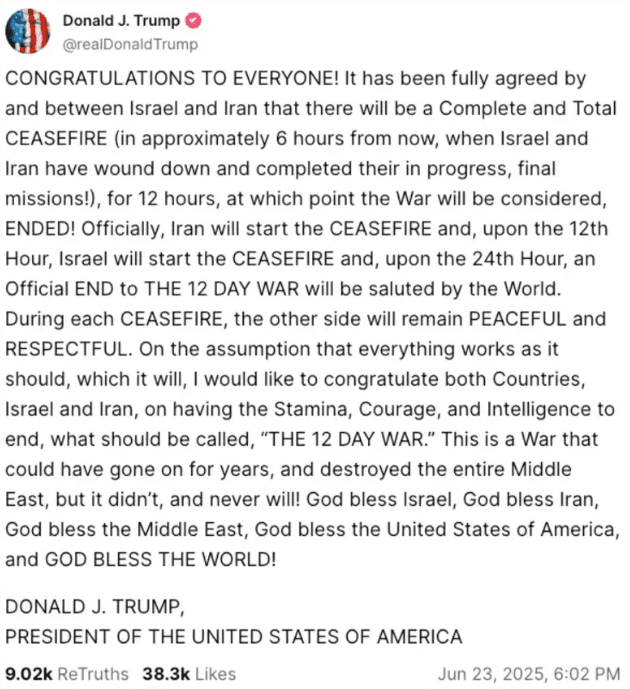
By early Tuesday, that temporary pause had ended with a bang—literally. Explosions were reported in Tehran as Israeli missiles targeted what they described as “high-value assets.” Iran condemned the strikes and again denied any aggression on their part. No formal negotiations, ceasefire documents, or international acknowledgments backed up Trump’s claims.
Pressed about the contradiction while aboard Air Force One, Trump doubled down. He insisted both sides had violated the ceasefire, possibly “unintentionally,” before going on a tirade: “They don’t know what the **** they’re doing,” he said of Israeli and Iranian officials. Trump blamed both nations for undermining what he continued to describe as “his” agreement—even though neither side ever publicly agreed to anything.
In truth, there was no ceasefire. There was no peace deal. Just a claim from the U.S. president and a few hours of murky restraint followed by renewed violence.
Ultimately, Trump seized the moment to cast himself as peacemaker—positioning a temporary lull as the result of his diplomacy. But the facts on the ground told a different story: one where both nations were still very much at war, and Trump’s declaration didn’t just jump the gun—it ignored the battlefield entirely.
The Author

Ellis Grant
Staff Writer, Readovia


